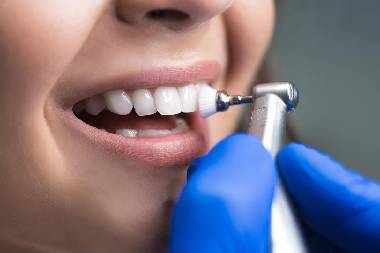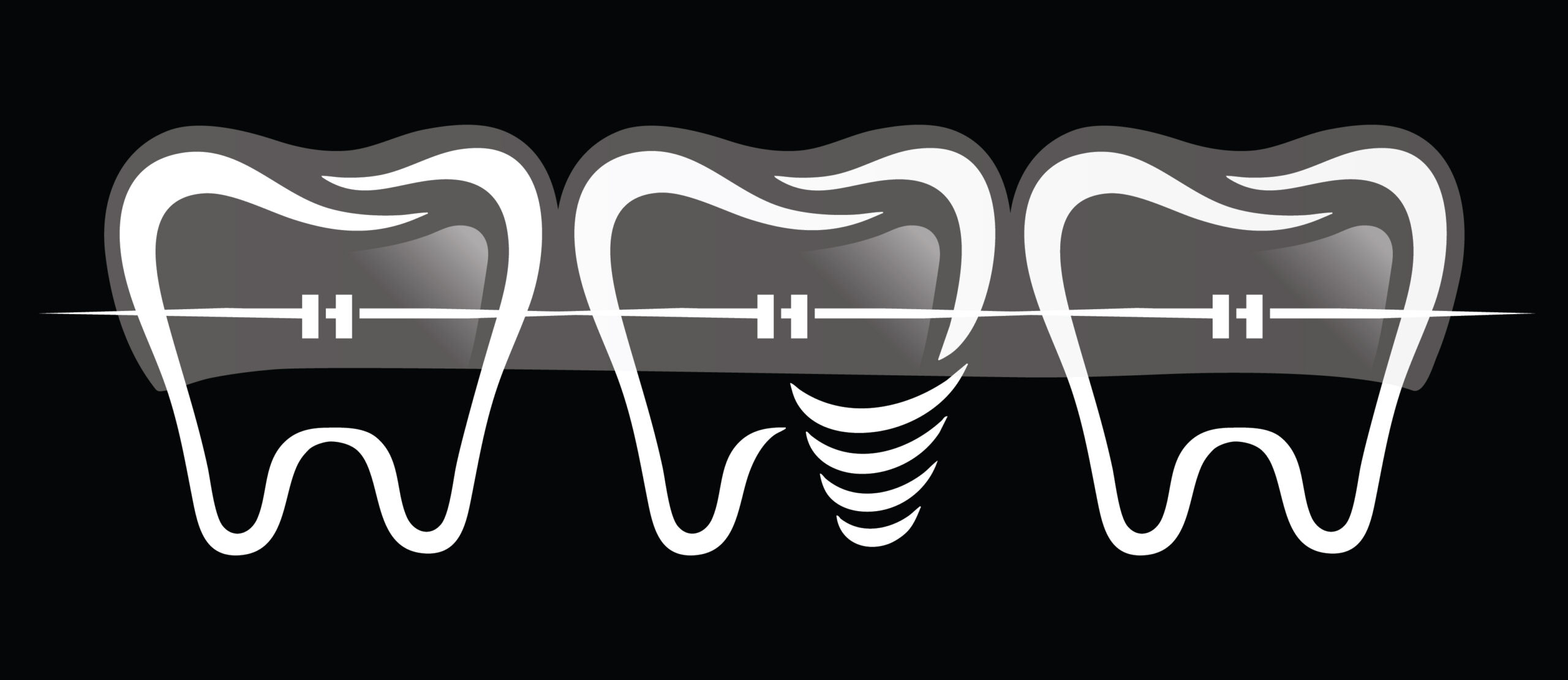Cleaning & Polishing
What is Dental Cleaning & Polishing?
Cleaning and polishing are professional dental procedures done to:
Remove plaque (soft bacterial film)
Remove tartar / calculus (hardened plaque)
Eliminate surface stains
Make teeth smooth and shiny
It’s also known as oral prophylaxis or dental scaling & polishing.
What Happens During the Procedure?
1. Initial Oral Check-Up
The dentist or hygienist examines your teeth and gums to assess:
Plaque buildup
Tartar deposits
Gum inflammation
Signs of bleeding or infection
2. Scaling (Deep Cleaning)
Uses ultrasonic scaler (vibrating tool with water spray) to break up and remove:
Tartar around gumline
Plaque deposits
Surface stains (from tea, coffee, tobacco)
Manual scalers may also be used to reach tight spaces.
3. Polishing
A rotating rubber cup is used with a gritty polishing paste (usually mint-flavored).
Smooths the tooth surfaces after scaling.
Removes minor stains and makes teeth shiny.
Feels like a mild “tickling” or scrubbing sensation.
4. Rinse & Final Check
Your mouth is rinsed.
The dentist may apply fluoride or give post-cleaning advice if needed.
Why It’s Important
| Benefit | How It Helps |
|---|---|
| Prevents gum disease | Removes bacteria that cause gingivitis and periodontitis |
| Prevents bad breath | Eliminates odor-causing buildup |
| Brightens your smile | Removes surface stains and makes teeth look cleaner |
| Early detection | Dentists can spot issues like cavities, decay, or receding gums early |
| Improves overall health | Poor oral health is linked to heart disease, diabetes, and more |
Is It Painful?
No, it’s usually not painful — but it can feel a bit sensitive or uncomfortable if:
You have inflamed gums
There’s a lot of tartar buildup
Your teeth are naturally sensitive
Aftercare Tips
Avoid eating or drinking anything colored (tea, coffee, soda, beetroot) for a few hours to avoid staining freshly cleaned teeth.
You may feel some sensitivity for a day or two — use a desensitizing toothpaste if needed.
Maintain good oral hygiene (brush 2x daily, floss, rinse).
Rinse with warm salt water if your gums feel sore.
Avoid smoking or chewing tobacco — they stain and irritate gums.
How Often Should You Get It Done?
| Oral Condition | Recommended Frequency |
|---|---|
| Healthy gums | Once every 6 months |
| Gum disease / plaque buildup | Every 3–4 months |
| Smokers or tea/coffee drinkers | Every 4–6 months |

